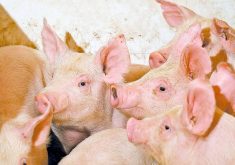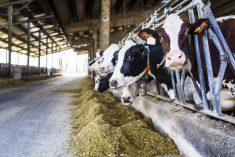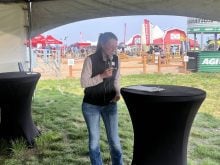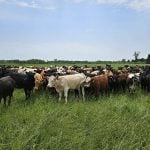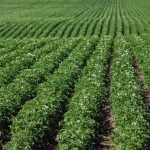The federal ecoEnergy for Biofuels program will pump up to $19.9 million over seven years into a facility south of Calgary making biodiesel from rendered animal fats, canola oil and recycled deep fryer oils.
Billed as Western Canada’s first biodiesel refinery, Western Biodiesel last August delivered its first shipment of ASTM-quality biodiesel from its facility just north of High River, Alta.
“These funds will help Western Biodiesel in our mission to develop innovative technologies to help broaden Canadians’ fuel choices,” CEO Dean Cockshutt said in a federal government release Friday. “This investment will also result in greater workplace opportunities for the High River community.”
Read Also
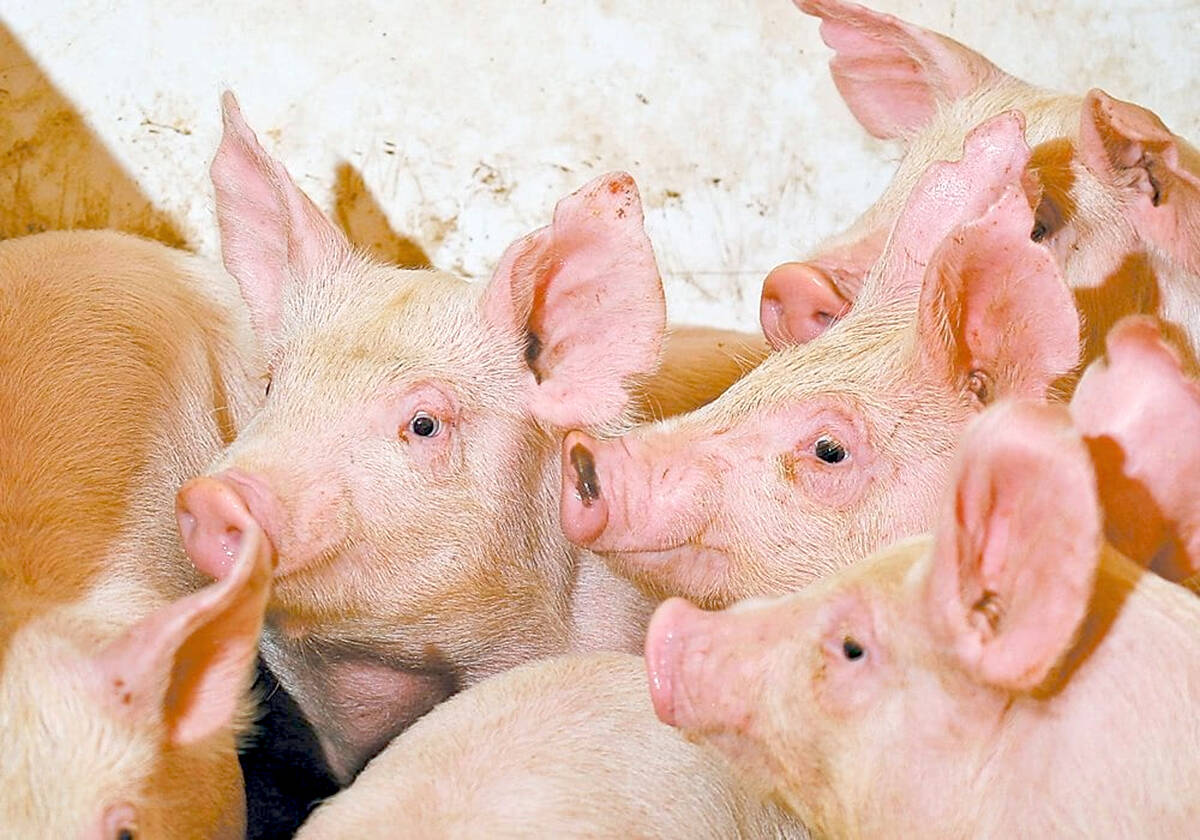
U.S. livestock: Cattle prices down, hogs rise again
Live and cattle futures on the Chicago Mercantile Exchange retreated for a second session, while lean hogs extended their rally….
Western Biodiesel’s facility, which has a biodiesel production capacity of up to 19 million litres per year, produces blends ranging from B5 (95 per cent petroleum diesel to five per cent biodiesel) to B100. It can also market its crude glycerine, a byproduct used in the chemical industry.
Compared to gasoline, grain-based ethanol can reduce greenhouse gas (GHG) emissions by up to 40 per cent on a life-cycle basis, the government said. For biodiesel, however, the emissions reduction can be as much as 60 per cent.
“The fashionable debate in the media right now is the use of human foodstuffs for fuel production,” Cockshutt said in a company release last August. “Our process uses non-human food grade rendered animal fats to create a high-value, carbon-neutral diesel fuel replacement.”
Western Biodiesel’s previous funding contributions from government have included a $5 million provincial grant from Alberta’s provincial Bio-refining Commercialization and Market Development Program and Bio-energy Infrastructure Development Program in 2007.
ecoEnergy for Biofuels is a nine-year, $1.5 billion federal funding program backing Canadian biofuel production.


